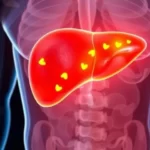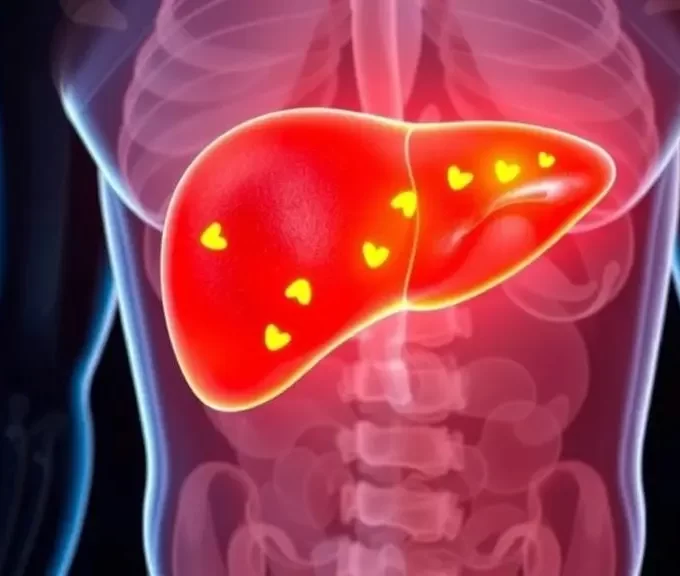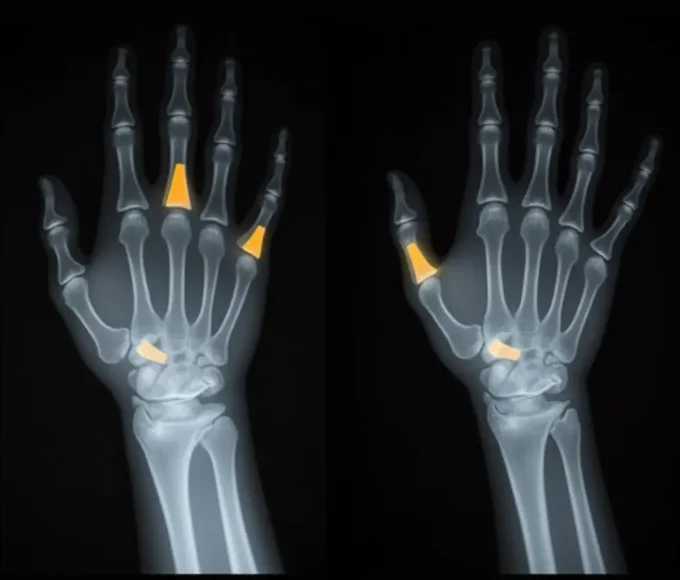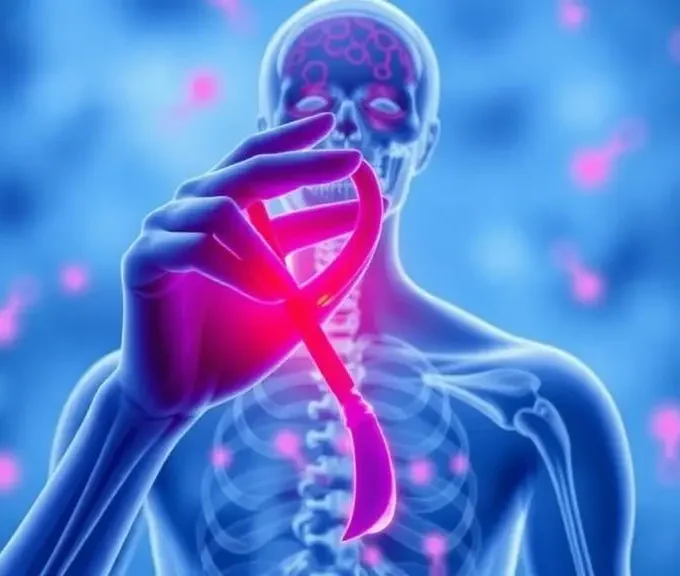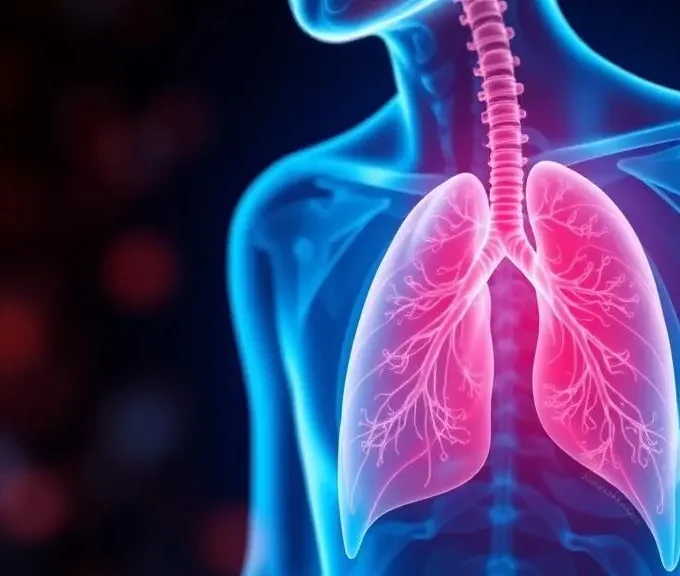Cardiomegaly, also known as an enlarged heart, refers to the abnormal enlargement of one or more chambers of the heart. This condition often signals an underlying cardiovascular or systemic issue. When the heart muscle is overworked or weakened, due to high blood pressure, valve disease, or chronic stress, it can thicken (hypertrophy) or stretch, leading to enlargement. Depending on the affected area, it may be classified as right or left cardiomegaly. Enlargement of the upper chambers is called atrial hypertrophy, while enlargement of the lower chambers is referred to as ventricular hypertrophy.
Among all types, Left Ventricular Hypertrophy (LVH) is the most frequently diagnosed. This article focuses on LVH’s causes, symptoms, diagnosis, and management strategies.
Causes of Left Ventricular Hypertrophy (LVH)
LVH is commonly a compensatory response to increased workload on the left ventricle, which is responsible for pumping oxygenated blood to the entire body. The following conditions and lifestyle factors can trigger this adaptation:
- Genetic predisposition (heredity): A family history of heart disease increases risk.
- Hypertension: The leading cause of LVH, chronic high blood pressure forces the heart to pump harder.
- Diabetes mellitus: Poor glycemic control damages blood vessels and strains the heart.
- Chronic kidney disease Alters fluid and electrolyte balance, indirectly burdening the heart.
- Mental and emotional stress: Long-term stress activates the sympathetic nervous system, affecting heart function.
- Sedentary lifestyle: Lack of physical activity contributes to poor cardiovascular health.
- Excessive alcohol consumption leads to cardiomyopathy and heart muscle damage.
- Tobacco use: Smoking or chewing tobacco causes vasoconstriction and increases Cardiomegaly workload.
- Use of narcotics or sedatives: May depress cardiac function or exacerbate blood pressure.
- Anxiety disorders: Chronic anxiety elevates stress hormones that affect heart structure.
Symptoms of Left Ventricular Hypertrophy
In its early stages, LVH may remain asymptomatic. As it progresses, however, it often presents with a range of symptoms linked to reduced cardiac efficiency and increased pressure on the heart muscle:
- Palpitations: Sensation of a racing, irregular, or pounding heartbeat—often intensified when lying on the left side.
- Shortness of breath (dyspnea): Breathing difficulty during exertion, or even at rest in advanced stages.
- Chest discomfort: Often described as retrosternal pressure or pain, worsened by certain postures.
- Fatigue: Reduced oxygen delivery leads to tiredness, especially after minimal physical activity.
- Dizziness or fainting (syncope): May occur due to impaired cardiac output or arrhythmias.
- Tachycardia: Resting heart rate consistently above 100 beats per minute.
- Swelling (edema): Particularly in the lower limbs and around the eyes, due to fluid retention.
- Persistent cough: Often dry and linked to pulmonary congestion or fluid buildup in the lungs.
- Signs of hypertension: Headache, flushing, heat sensations at the crown (vertex), and pulsating temporal pain.
Diagnosis of Cardiomegaly and LVH
An accurate diagnosis relies on a combination of clinical evaluation and diagnostic testing to assess heart size and function:
Electrocardiogram (ECG)
- Increased QRS complex voltage in Leads I and II
- Prolonged QRS duration (0.09–0.12 seconds)
- Inverted QRS complexes in Lead III and aVF
Echocardiogram (ECHO):
- Direct visualization of left ventricular wall thickening
- May show reduced ejection fraction in severe cases
Chest X-ray:
- Can reveal a visibly enlarged cardiac silhouette
Blood tests and kidney function panels:
- Important to rule out secondary causes like renal insufficiency or electrolyte imbalance
Treatment & Lifestyle Management
Management of LVH includes targeting the underlying causes and minimizing further cardiac strain. A patient-centered, multidisciplinary approach works best.
Rest and stress reduction are vital to reduce cardiac workload. Adequate rest should be prescribed during flare-ups, and stress-relief strategies, such as music therapy, mindfulness practices, or breathing exercises, can have a notable impact on long-term outcomes.
Lifestyle modifications must be implemented consistently. Patients are encouraged to quit smoking, drastically reduce alcohol intake, and maintain light physical activity as permitted by their cardiologist. A routine of walking, light yoga, or stretching exercises can enhance cardiac efficiency and lower blood pressure naturally.
Dietary habits should focus on reducing cardiovascular risk factors. Salt, sugar, saturated fats, caffeine, and processed foods must be minimized. Emphasizing foods rich in potassium, antioxidants, and fiber can improve vascular tone and cardiac health.
Medical treatment plays a central role. Diuretics can control fluid overload and reduce swelling. Antihypertensive medications—including beta-blockers and ACE inhibitors—help manage blood pressure and prevent further cardiac hypertrophy. Frequent monitoring through ECGs and echocardiograms allows healthcare providers to track the progress of the condition and adjust therapy accordingly.
Coexisting medical conditions such as diabetes, kidney disease, and respiratory infections need to be addressed in tandem. Prompt treatment of fever, cough, and cold-like symptoms is critical to avoiding sudden decompensation in heart function.
Conclusion & When to See a Doctor
Cardiomegaly, particularly when due to Left Ventricular Hypertrophy, is a potentially serious condition that can progress to heart failure or arrhythmias if left unmanaged. The key to a positive outcome lies in early detection, lifestyle adaptation, and continuous medical supervision.
If you experience symptoms like unexplained fatigue, frequent palpitations, breathlessness, or chest discomfort, don’t delay—seek prompt evaluation by a qualified cardiologist. Through timely diagnosis, targeted treatment, and proactive health measures, it is possible to halt or even reverse the course of LVH. Empower your heart by understanding the risks and taking action before complications arise.
Frequently Asked Questions (FAQs)
Q1. What is cardiomegaly?
Cardiomegaly refers to the enlargement of the heart due to conditions like high blood pressure, valve disorders, or cardiomyopathy.
Q2. What causes Left Ventricular Hypertrophy (LVH)?
LVH is commonly caused by chronic hypertension, heart valve disease, obesity, diabetes, or genetic predisposition.
Q3. What are the symptoms of an enlarged heart?
Common symptoms include fatigue, palpitations, shortness of breath, chest pain, and swelling in the legs.
Q4. How is cardiomegaly diagnosed?
It is diagnosed through tests like ECG, echocardiography, chest X-rays, and blood work.
Q5. Can cardiomegaly be treated?
Yes, with lifestyle changes, medications, and in some cases, surgery, the progression of cardiomegaly can be managed or even reversed.





